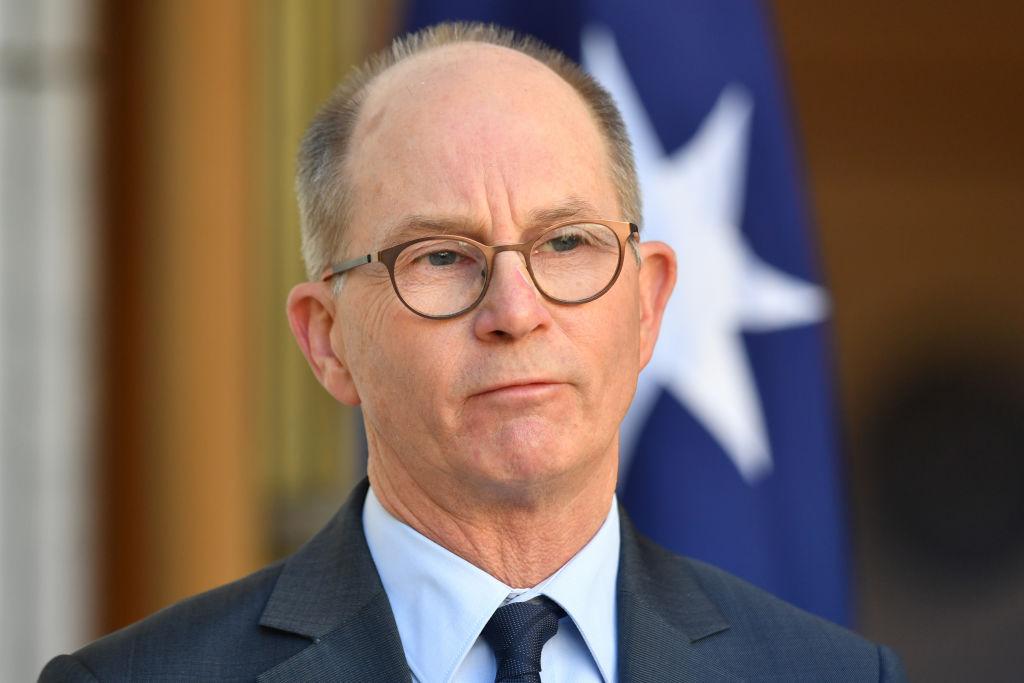Australia’s Chief Medical Officer Paul Kelly is concerned about the number of Australians who are hesitant to get the CCP virus vaccination, ahead of the first Pfizer shots being administered on Monday.
At a press conference on Feb. 17, Kelly was asked if he is concerned that a health department survey has shown that 27 percent of people “were considering not getting the vaccine.”





